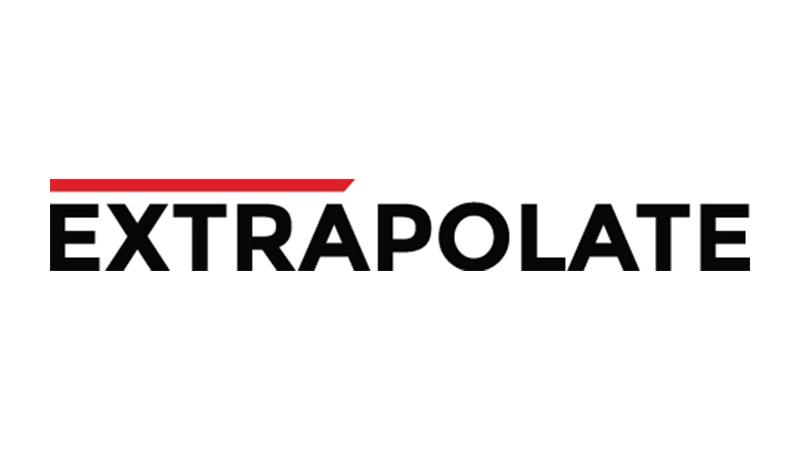How to Price Bookkeeping Services

Pricing bookkeeping services effectively requires balancing your expertise, market rates, and client needs while ensuring your business remains profitable. Bookkeeping Services in Cleveland. A well-structured pricing strategy attracts clients, reflects your value, and supports your financial goals. Below are practical steps to help you determine how to price your bookkeeping services in 2025.
1. Calculate Your Costs
Start by understanding your expenses to ensure your rates cover costs and provide a sustainable income:
Business Expenses: Include software subscriptions (e.g., QuickBooks, Xero), office supplies, insurance, marketing, and professional memberships.
Personal Income Goals: Factor in your desired salary to cover living expenses and savings.
Example: If your annual business costs are $20,000 and you want to earn $60,000, your revenue goal is $80,000. Assuming 1,600 billable hours per year, your base hourly rate would be $50/hour ($80,000 ÷ 1,600).
Account for non-billable time (e.g., client communication, marketing) by increasing your rate slightly to cover these hours.
2. Research Market Rates
Investigate what other bookkeepers charge to set competitive prices:
Typical Rates: In 2025, basic bookkeeping services range from $20–$50/hour, while specialized or certified bookkeepers may charge $50–$100+/hour.
Location Matters: Rates vary by region. For example, bookkeepers in major cities like New York or Los Angeles may charge $40–$80/hour, while those in smaller towns might charge $20–$40/hour.
How to Research: Check competitors’ websites, review rates on platforms like Upwork, or ask in industry groups on LinkedIn or X for regional insights.
3. Evaluate Your Expertise
Your experience and credentials influence what you can charge:
New Bookkeepers: If you’re starting out, you might charge $20–$30/hour to build a client base.
Certified Professionals: Certifications like Certified Public Bookkeeper (CPB) or QuickBooks ProAdvisor justify higher rates, often $40–$70/hour.
Niche Expertise: Specializing in industries like e-commerce, real estate, or healthcare allows you to charge $50–$100+/hour due to tailored knowledge.
4. Select a Pricing Model
Choose a pricing structure that aligns with your services and client preferences:
Hourly Pricing: Ideal for one-off tasks or clients with variable needs. Example: $40/hour for bank reconciliations or data entry.
Monthly Flat Rate: Charge a fixed fee for recurring services, such as $150–$500/month for basic bookkeeping (reconciling accounts, generating reports) or $600–$1,500/month for comprehensive services (payroll, tax prep, financial analysis).
Project-Based Pricing: Quote a one-time fee for specific tasks, like cleaning up messy books ($500–$5,000, depending on complexity).
Value-Based Pricing: Set prices based on the value you provide, such as saving a client $10,000 in tax penalties.
Example: $800/month for services that streamline financial processes.
5. Assess Client Needs
Tailor your pricing to the scope and complexity of each client’s requirements:
Small Businesses/Freelancers: Basic tasks (e.g., categorizing transactions, monthly reports) may cost $100–$300/month.
Medium Businesses: More complex needs like payroll or multi-account reconciliation might range from $400–$800/month.
Large or Specialized Clients: Businesses needing advanced reporting or industry-specific expertise may justify $1,000–$2,000+/month.
Ask clients about their transaction volume, number of accounts, and specific needs to estimate the time and effort required for accurate pricing.
6. Factor in Efficiency and Tools
Your efficiency and technology use impact pricing:
Software Proficiency: Expertise in tools like QuickBooks, Xero, or Wave allows you to work faster, justifying higher rates (e.g., $50–$80/hour vs. $30/hour for manual processes).
Time Tracking: Use tools like Toggl or Clockify to track time spent on tasks. If you’re highly efficient, consider value-based pricing over hourly rates.
Automation: If you use automated tools to streamline tasks, factor in the time savings when setting prices to reflect the value delivered.
7. Offer Tiered Pricing Packages
Create service packages to cater to different budgets and needs:
Basic Package ($100–$250/month): Bank reconciliations, basic financial reports.
Standard Package ($300–$600/month): Basic package plus payroll, accounts payable/receivable, or tax filing support.
Premium Package ($700–$1,500+/month): Comprehensive services, including budgeting, forecasting, and financial consulting.
Clearly outline what each package includes to prevent scope creep and ensure transparency.
8. Communicate Pricing Clearly
Build trust with clients through transparent pricing:
Provide detailed proposals or contracts specifying services, deliverables, and costs.
Discuss potential extra fees for out-of-scope work, like fixing historical errors.
Offer a free consultation to assess client needs and explain how your pricing reflects the value you provide.
9. Adjust Rates Over Time
Regularly review your pricing to reflect changes in your business:
Increase with Experience: As you gain certifications or expertise, raise rates (e.g., 5–10% annually).
Account for Inflation: Adjust for rising costs like software subscriptions or taxes.
Market Demand: If you’re consistently booked or receiving praise, consider increasing rates to reflect your value.
Notify existing clients of rate changes 30–60 days in advance to maintain good relationships.
10. Test and Refine
Experiment with pricing to find the sweet spot:
Start with competitive rates to attract initial clients, then adjust as you build a reputation.
Gather client feedback during consultations to ensure your prices are affordable yet profitable.
Monitor profitability—if you’re undercharging for time-intensive work, revise your rates or scope.
Sample Pricing Examples
Freelancer/Solo Entrepreneur: $100–$200/month for basic bookkeeping (2–3 hours/month).
Small Business (10–50 transactions/month): $250–$500/month for reconciliations, reports, and tax prep support.
Medium Business with Payroll: $600–$1,200/month for comprehensive services.
One-Time Cleanup Project: $500–$3,000, depending on the state of the books.
Final Tips
Avoid Underpricing: Low rates may attract clients but can lead to burnout or financial strain. Charge what your expertise is worth.
Emphasize Value: Show clients how your services save time, reduce errors, or improve financial clarity to justify your rates.
Stay Flexible: Be open to negotiating with high-value clients or offering discounts for long-term contracts.
By calculating your costs, researching market rates, and tailoring prices to client needs and your expertise, you can set fair and profitable rates for your bookkeeping services.








